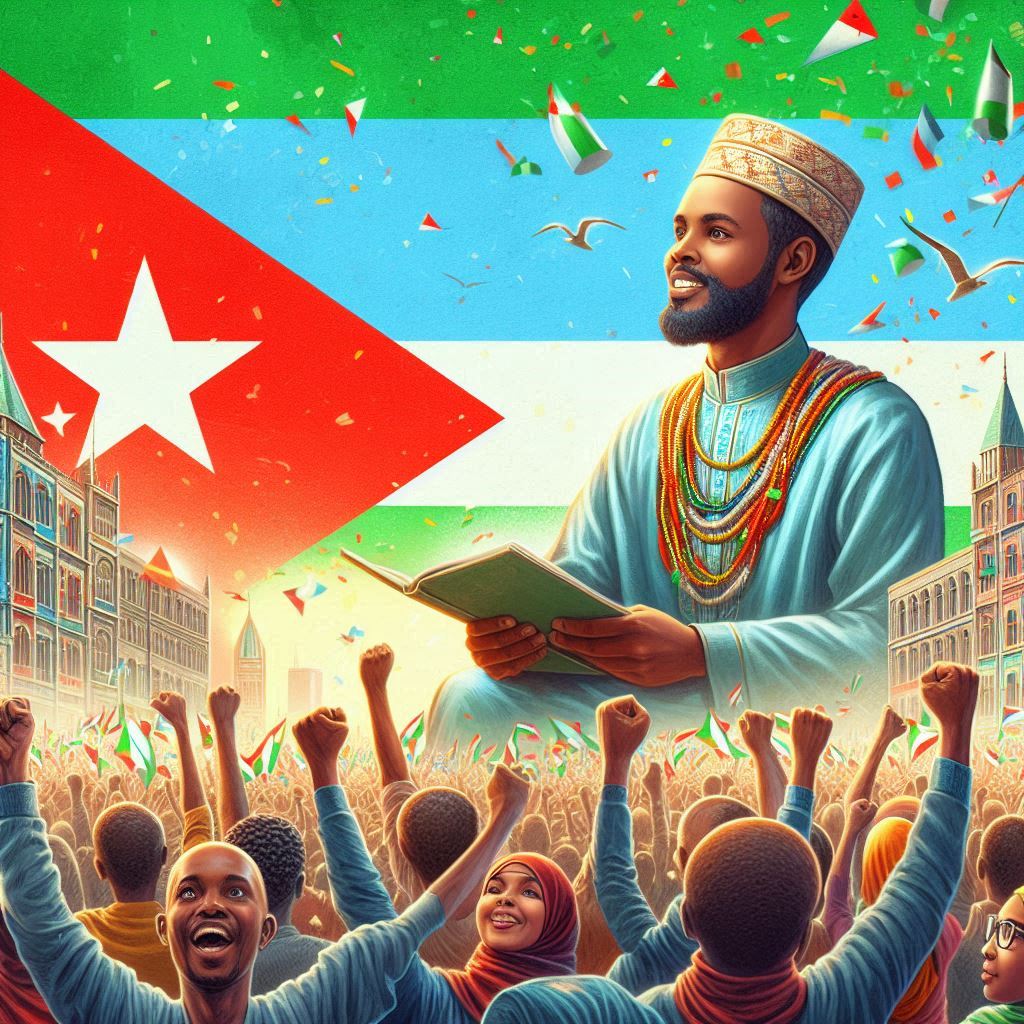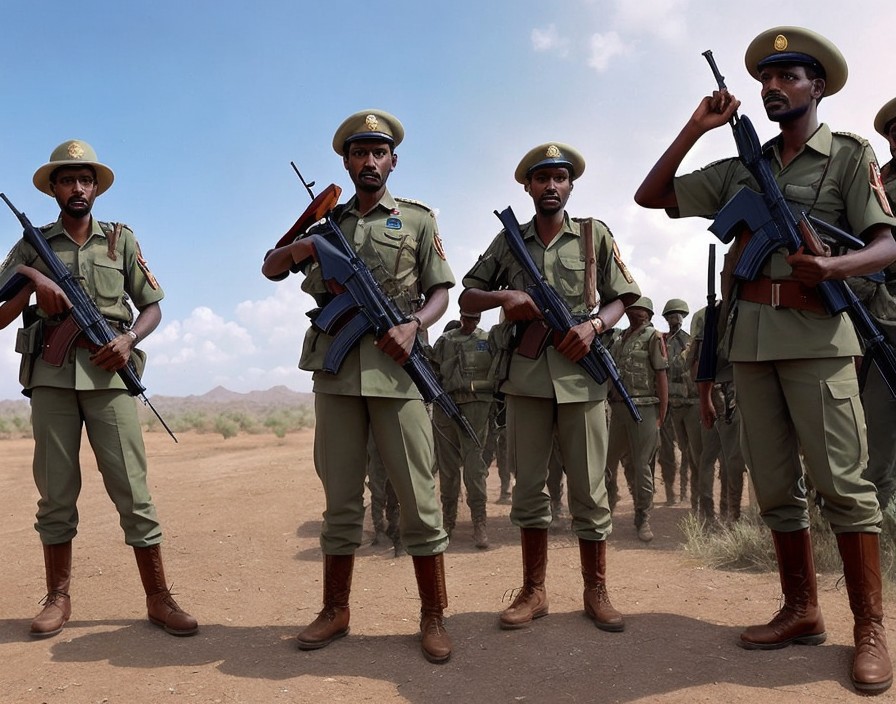Today in African History: June 27
Djibouti Gains Independence (1977)

On June 27, 1977, the Republic of Djibouti declared its independence from France, marking the end of nearly a century of colonial rule. The road to independence for Djibouti was a challenging one, characterized by political unrest and a strong desire for self-determination among its people.
The territory, known as French Somaliland until 1967 and then the French Territory of the Afars and the Issas, had been a French colony since the late 19th century. The push for independence gained momentum in the 1950s and 1960s, with growing nationalist movements advocating for the end of colonial rule. A referendum held in 1967 indicated a majority support for remaining with France, but political pressure continued to build.
By the mid-1970s, the demand for independence became undeniable. On June 27, 1977, Djibouti officially became an independent nation, with Hassan Gouled Aptidon becoming its first president. The country’s strategic location on the Horn of Africa, near the Red Sea, has since made it a vital hub for international trade and military presence.
Founding of the Organization of African Unity (1964)
While not directly on June 27, it is worth noting the context of the Organization of African Unity (OAU), which played a crucial role in supporting the independence movements across Africa, including that of Djibouti. The OAU, founded on May 25, 1963, aimed to promote unity and solidarity among African states and to support decolonization efforts. Djibouti’s journey to independence was part of the broader wave of decolonization that the OAU actively encouraged and supported.
The Eritrean War of Independence (1961-1991)

June 27, 1988, was a significant date in the Eritrean War of Independence, marking a major victory for the Eritrean People’s Liberation Front (EPLF) against Ethiopian forces at the Battle of Afabet. This battle was a turning point in the war, showcasing the EPLF’s growing strength and determination in their struggle for independence from Ethiopian rule.
The conflict, which began in 1961, was one of the longest African wars of independence, lasting for 30 years. The battle at Afabet was one of the largest and most decisive, leading to the eventual Eritrean independence in 1993. The victory on June 27, 1988, demonstrated the resilience and strategic prowess of the EPLF, significantly boosting their morale and international recognition.
Conclusion
June 27 stands out in African history primarily for Djibouti’s achievement of independence from French colonial rule in 1977. This day marks the triumph of self-determination and national sovereignty for the people of Djibouti. Additionally, it serves as a reminder of the broader context of African independence movements and the significant milestones achieved in the struggle for freedom across the continent. The victories and events associated with this date continue to inspire and underscore the enduring spirit of resilience and independence in African history.
